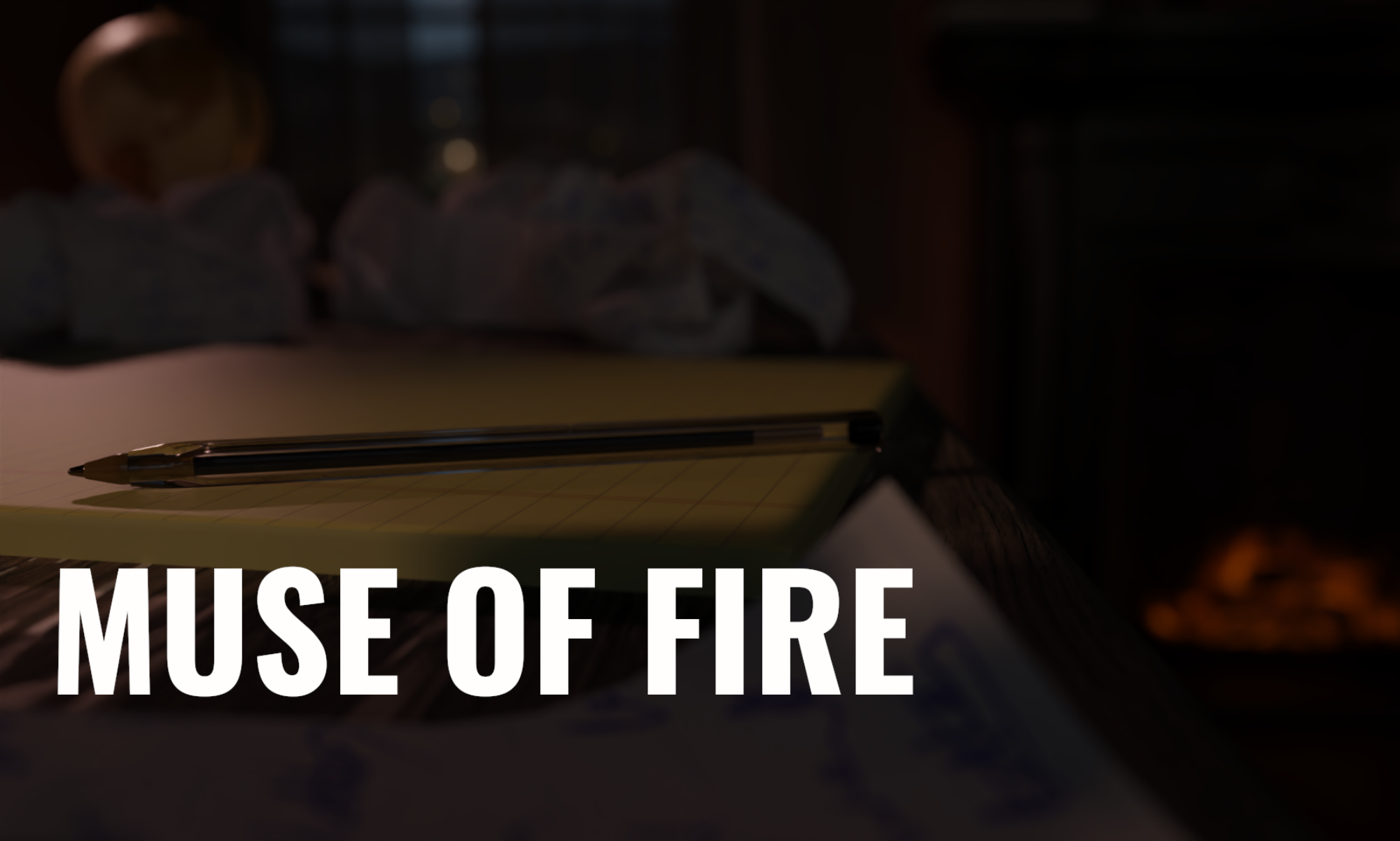Muse of Fire is narrative film making inspired by Elizabethan drama. It is not about preserving the past or turning old plays into movies, it is about dramatic principle and technique.
The trappings of Elizabethan drama can be easily dismissed but the core of their dramaturgy was subtle and layered, their use of plot and character considered and sophisticated.
Elizabethan drama used a rich form of realism that allowed the delineation of great psychological depth. Plots were constructed to push characters to reveal, the apparent artificiality of speech allowed them to say things that would never be said in everyday life. Not just characters telling us what they think, but showing us how they think. Not just opinions and perspectives but the thoughts beneath the thoughts, the thought traced to its deepest roots. This is not artificiality, it is the reason actors put on masks in the first place. The mask does not hide, it reveals.
The great Elizabethan plays do not just hold our interest, they are of interest. They tell us about ourselves, human society, the nature of things.
Fidelity to life as it is experienced and understood is the great dramatic virtue – not to be reduced to life as we see and hear it or life as we would have it be.
Cinema is the great public medium of our age. It absorbed many traditions from the stage but it also brought something new, a vocabulary and diction of its own. A cinematic approach informed by Elizabethan drama is a challenging and complex endeavour, it was never going to be fully realised in our first film. Better to think of it as a knock on the door, a breaking of the surface. Reputation is a coda, a charting of the journey towards a technique.
